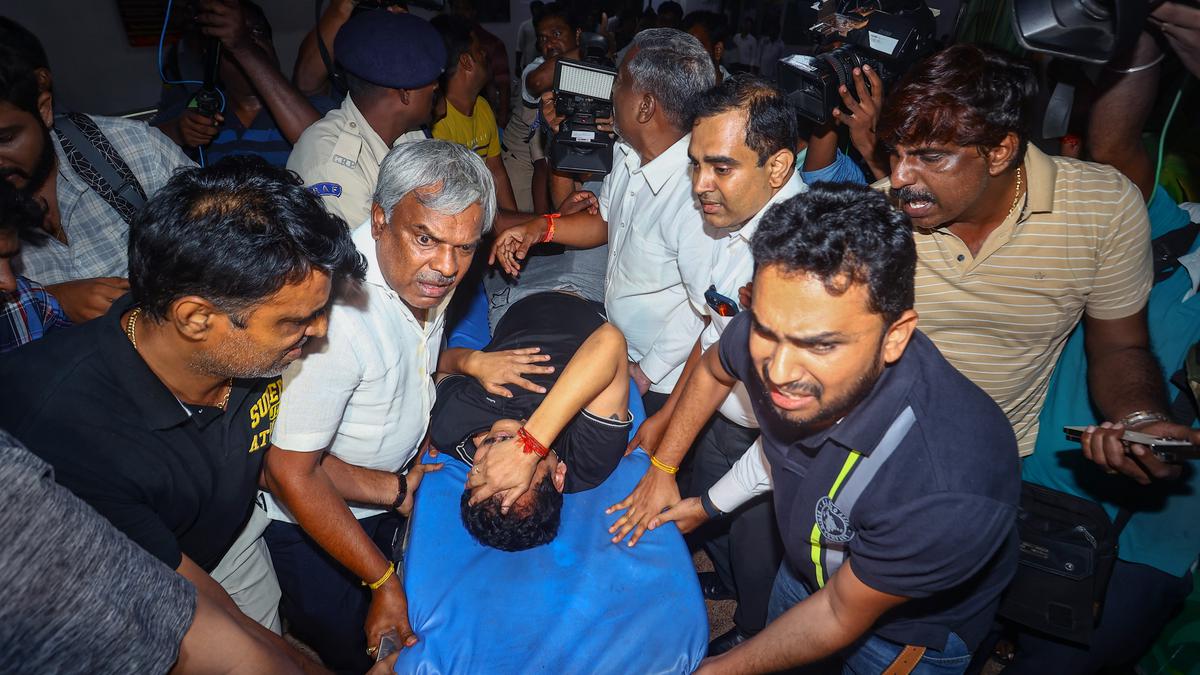
T.N. Senthilbalaji arrest | Supreme Court defers hearing in ED plea till after Madras HC judgment
The Hindu
The Supreme Court listed the case for July 4
The Supreme Court on June 21 provided no immediate relief to the Enforcement Directorate (ED), which has challenged the arrested Tamil Nadu Minister V. Senthilbalaji’s shifting to a private hospital and maintainability of habeas corpus petition filed in Madras High Court.
The ED had moved the Supreme Court accusing Mr. Senthilbalaji, arrested in a money-laundering case related to a cash-for-jobs scam, of “feigning illness immediately upon arrest” and getting himself admitted in a private hospital during remand in a bid to render the investigation “otiose and meaningless”.
The ED filed two petitions, one against the habeas corpus petition filed by Mr. Senthilbalaji’s wife in the Madras High Court; and another against the conditions laid for the ED by the Principal Sessions Court while undertaking custodial interrogation of the accused.
While keeping ED’s petitions pending, the Supreme Court made the decision to wait for the final opinion from the Madras High Court, which will hear the case on June 22. The Supreme Court listed the case for July 4.
The Supreme Court requested the High Court to decide on merits without being influenced by observations made before it or in the apex court.











